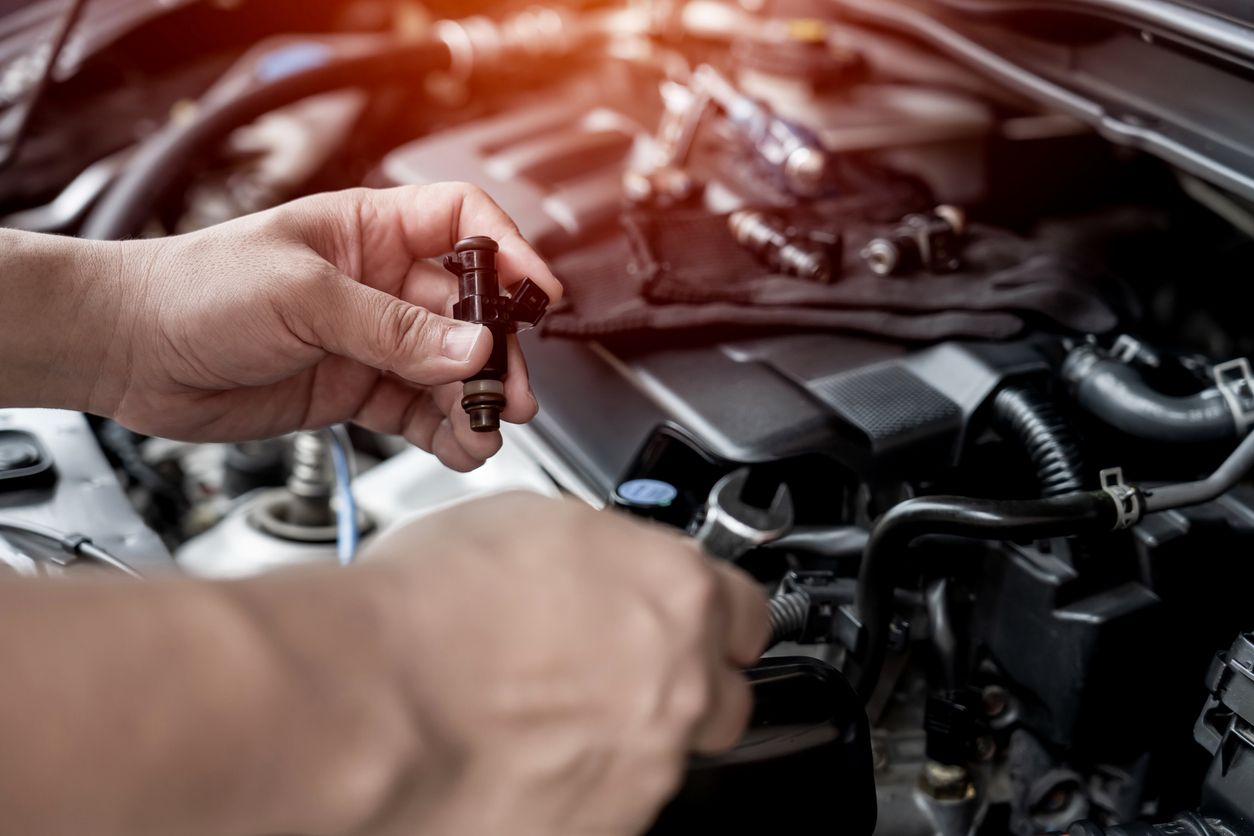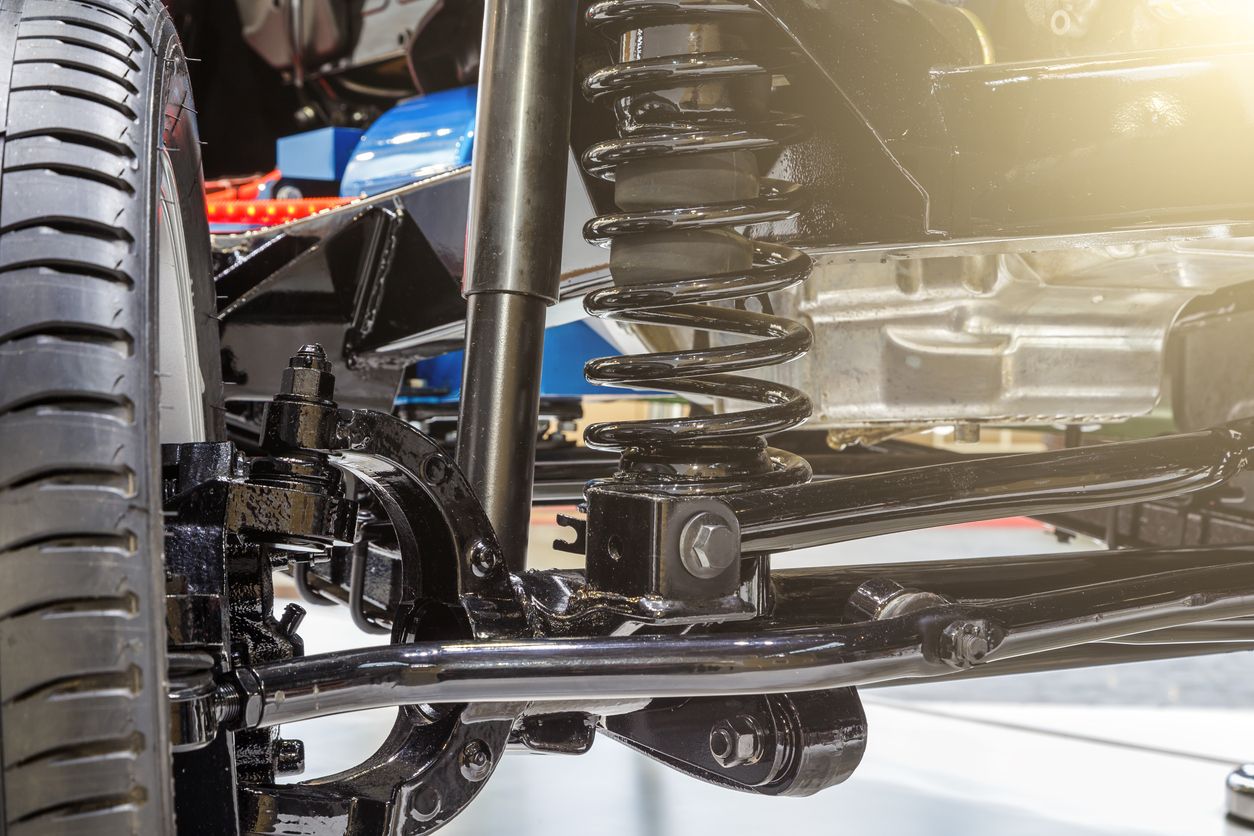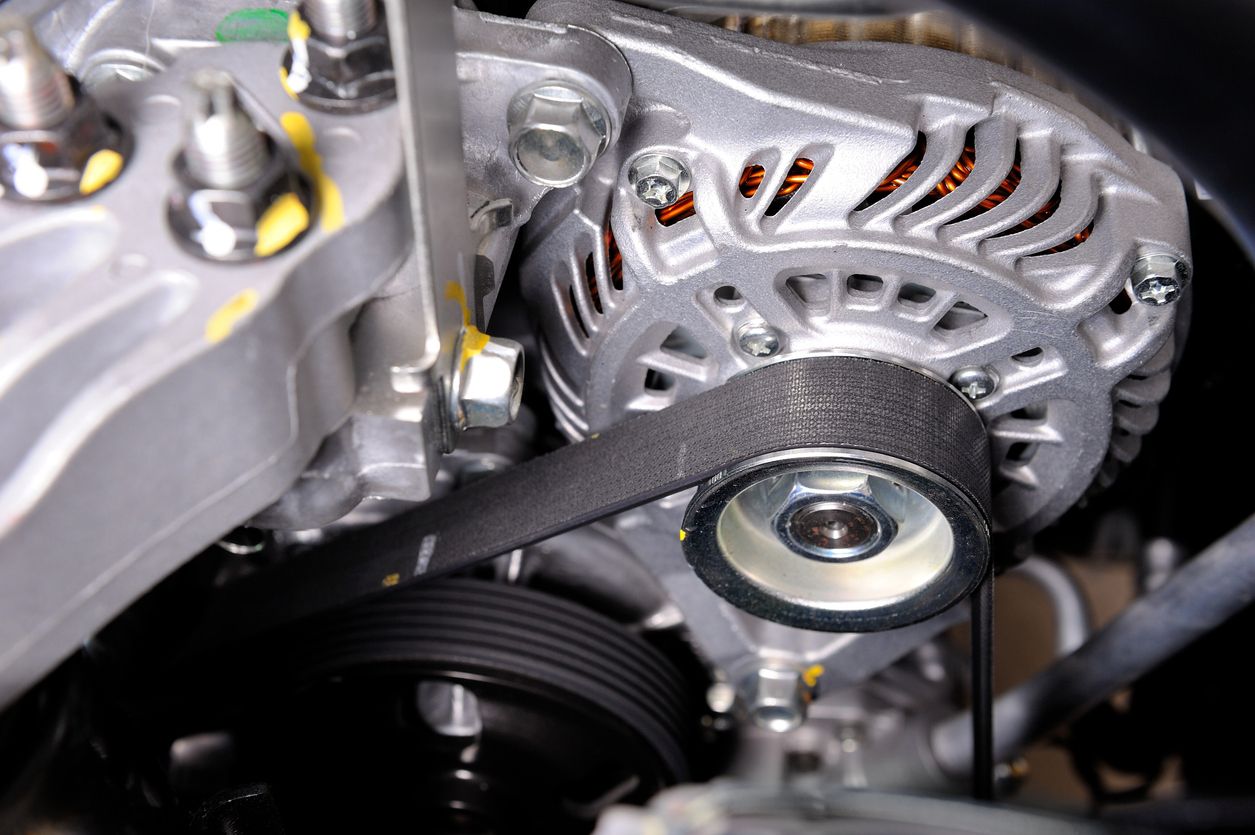A clean and properly functioning fuel system can significantly improve your car’s fuel efficiency, boost engine performance, and save you expensive repairs in the long run. But if you’ve heard of fuel system cleaning and aren’t sure what it’s all about, you’re in the right place.
Read on to learn everything you need to know — from what a fuel system cleaning is, how it’s done, and how it works to the substantial benefits of having this service done on your vehicle.
What is a Fuel System Cleaning?
Over time, carbon deposits, dirt, debris, and varnished fuel can build up on crucial fuel and induction system components, like fuel injectors, intake valves, and throttle valves. A fuel system cleaning is a service where these key components are cleaned to help ensure your fuel system operates as efficiently as possible.
Fuel system cleaning is typically done by running fuel additives through your system via one of these methods:
- Your Gas Tank: By adding fuel injector cleaner to your gas tank, it circulates through your vehicle, enabling carbon deposits and other debris in your fuel lines, pump, and fuel injection system to be dissolved as you run your engine. It also helps clean deposits on intake valves on many engine designs and helps clean the combustion chambers.
- Your Engine’s Vacuum Line: By Iintroducing a special fuel system cleaner into your vacuum line can help, it cleans the intake valves and combustion chambers.
- Your Engine’s Throttle Valve: A special spray cleaner applied to the throttle blade helps clean deposits that accumulate in very precise crevices. This helps restore idle quality and low-speed drivability. Note: Some engine designs do not have a throttle valve.
How Does Fuel System Cleaner Work?
Fuel system cleaners typically contain specially formulated chemicals that dissolve carbon deposits and other impurities in your fuel and induction system.
Is Fuel System Cleaning Necessary?
If you want to keep your vehicle in the best condition possible, yes, fuel system cleanings are an important part of fuel system maintenance. When varnish, dirt, debris, and carbon deposits build up in your fuel and induction system, theyit prevents your fuel system from delivering fuel consistently — wreaking havoc on your vehicle’s performance, efficiency, and overall health. As such, some manufacturers recommend a fuel system cleaning every 15,000–30,000 miles at every other oil change. Check your car owner's manual to be certain.
Fuel System Cleaning: Benefits
A fuel system cleaning may help improve the following:
- Fuel Efficiency: If you’ve recently noticed a sudden drop in your miles per gallon, it could be due to a dirty fuel system. Cleaning your car’s fuel injectors, could help your car run more efficiently, and save you money at the fuel pumps.
- Your Environmental Impact: If your car is burning more gas to compensate for a dirty fuel and induction system, it’s producing more emissions than it has to. So, if being an eco-friendly driver is important to you, fuel cleaning should be on your list of regularly scheduled vehicle maintenance.
- Engine Performance: Cleaning intake valves and throttle valves, reduces the chance of stalling or hesitation and improves throttle response.
In Need of a Fuel System Cleaning Service?
Ultimately, a dirty fuel system forces your engine to work harder to get you where you need to be. When you schedule a complete fuel system service, you don’t just maintain your vehicle — you may also restore lost performance and fuel efficiency, as well as extend the life of crucial components. So, invest in smoother acceleration, fewer trips to the pump, and peace of mind by scheduling an appointment online or stopping by your nearest Tires Plus for a Plus Engine Tune-Up today!


